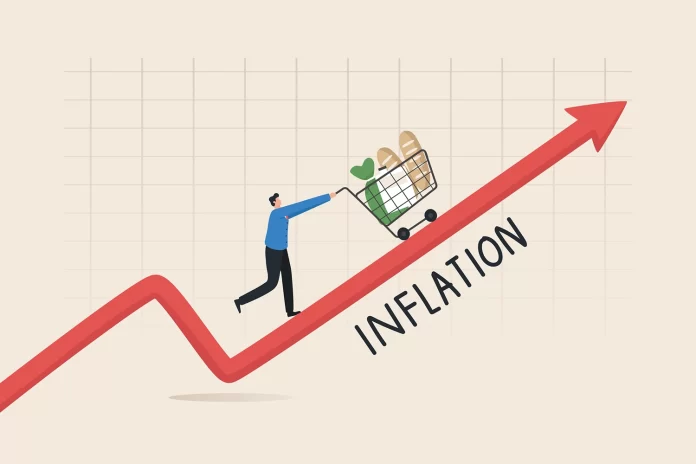When you retire, you hope that you’ll be able to anticipate the events that could cause you financial challenges down the road. For one thing, most retirees are probably aware that, even if they remain healthy, their health care costs may rise, even if they’re covered by Medicare or Medicare Advantage. But there’s another potential risk that can sneak up on retirees: inflation.
However, once they reach retirement, retirees are all too aware of the effects of rising prices. In fact, 63% of retirees think the biggest financial shock in retirement is inflation and the rising cost of living, according to a recent survey by Age Wave and Edward Jones.
As you know, we have experienced mild inflation for some time, up until the past couple of years. But even when inflation subsides again, it can still be a threat to your retirement security. A 3% annual inflation rate can double your cost of living in about 25 years. What can you do to help alleviate the shock of inflation?
Actually, you can take considerable action to help meet this threat. Here are a few steps to consider:
Try to cut down on expenses. Take a close look at all your discretionary expenses, such as travel, entertainment and so on. You might find areas in which you can cut back somewhat — and every little bit helps. Also, take advantage of all the senior discounts available to you. These days, many businesses and services offer these discounts, but you may have to ask about them. And if you want to look at an area that potentially offers even bigger savings, you might consider downsizing your living space, though this decision involves many factors, not all of them financial.
Consider part-time work. If you wouldn’t mind doing some part-time work or consulting, you’ll find that the extra income could improve your cash flow and possibly
make you somewhat less dependent on your investment portfolio for the financial resources you need to maintain your lifestyle. And the added income could eventually contribute to increased Social Security benefits. (However, if you earn over a certain amount and have already started collecting Social Security but haven’t reached your full retirement age — between 66 and 67 — your benefits may be temporarily reduced.)
Review your investments for growth and income opportunities. Understandably, many investors shift their investment portfolios toward a more conservative approach when they retire – after all, they simply have fewer years to recover from the inevitable short-term market declines. Yet, to help stay ahead of inflation, even retired investors need some growth potential in their portfolios, such as stocks and other growth investments. At the same time, it may be a good idea to consider whether you’re getting what you need from your income-producing securities, such as certificates of deposit (CDs), bonds and other fixed-income investments. A financial professional can help review your portfolio to determine if the mix of growth and income is aligned with your particular needs given your goals, risk tolerance and time horizon.
The past few years have been a wakeup call for many people, especially retirees, on the threat that inflation poses to their financial security. But being proactive can help prevent inflation from deflating your retirement hopes and dreams.
This article was written by Edward Jones for use by your local Edward Jones Financial Advisor.
Edward Jones, Member SIPC.



















